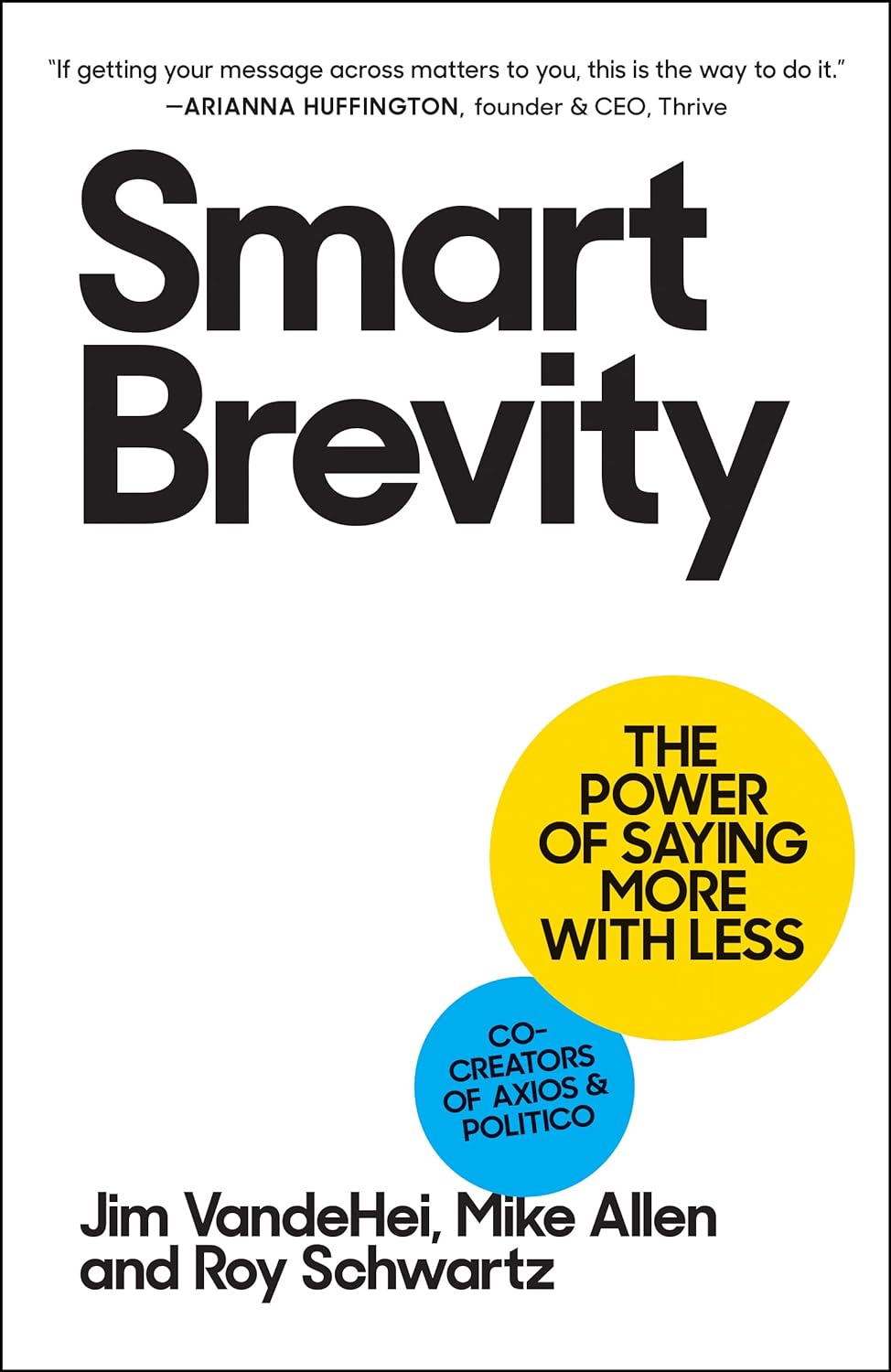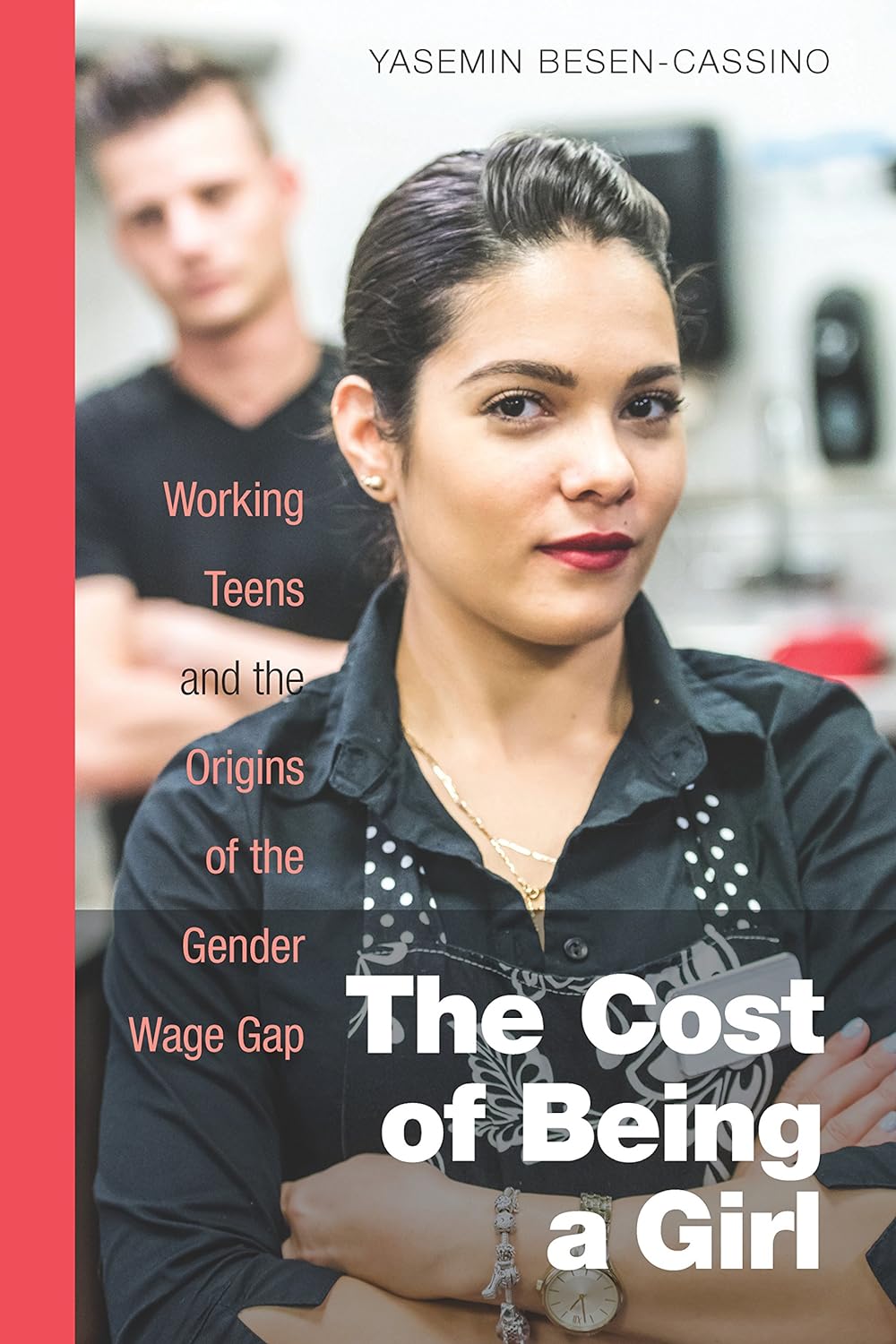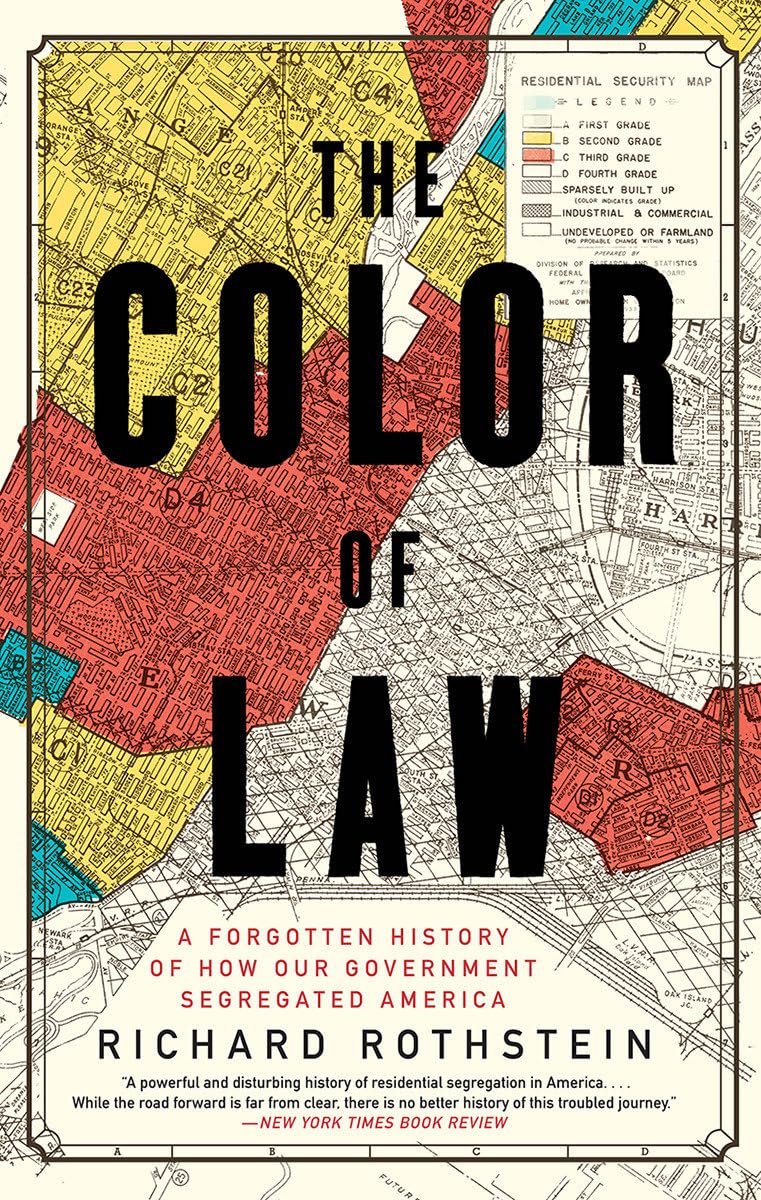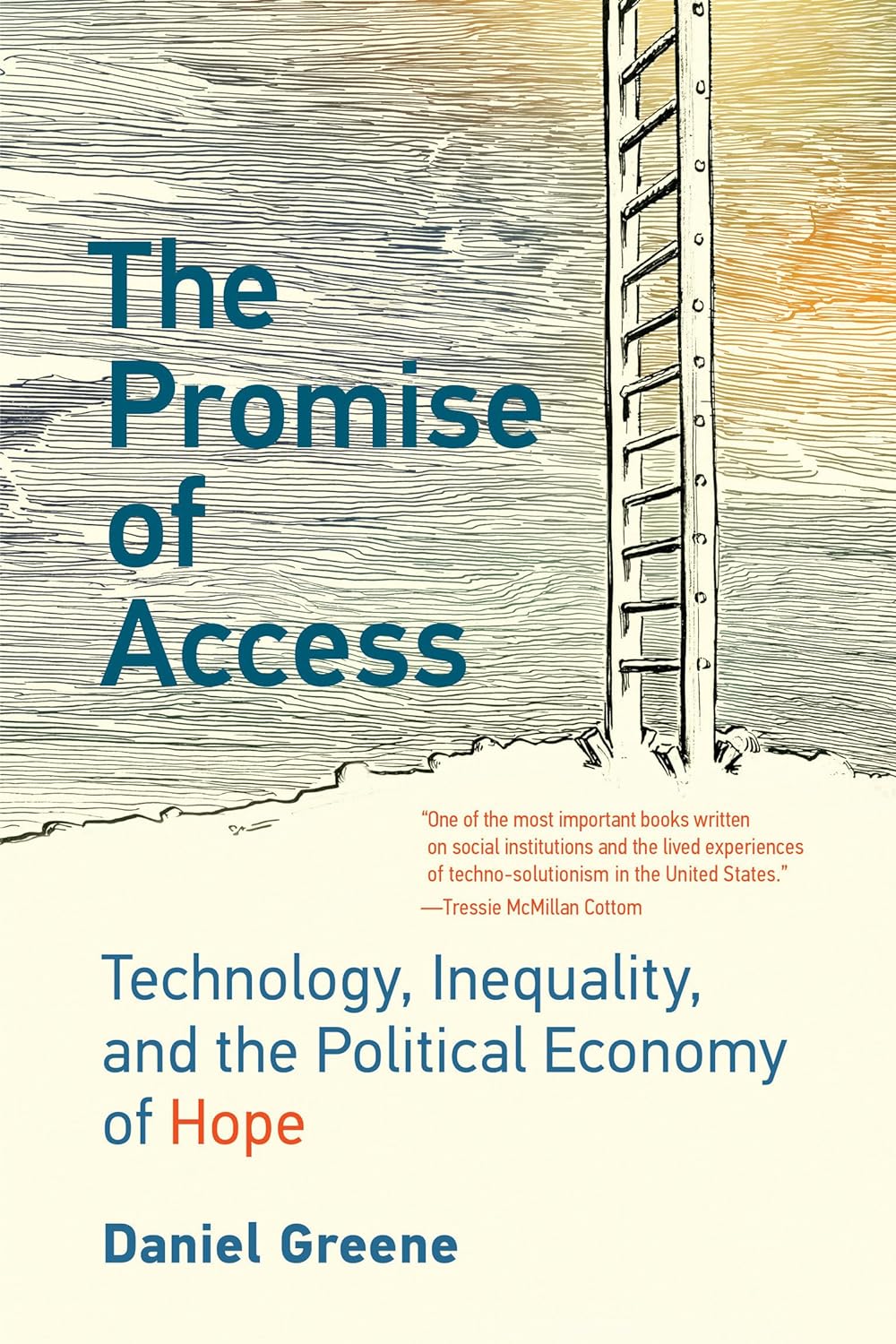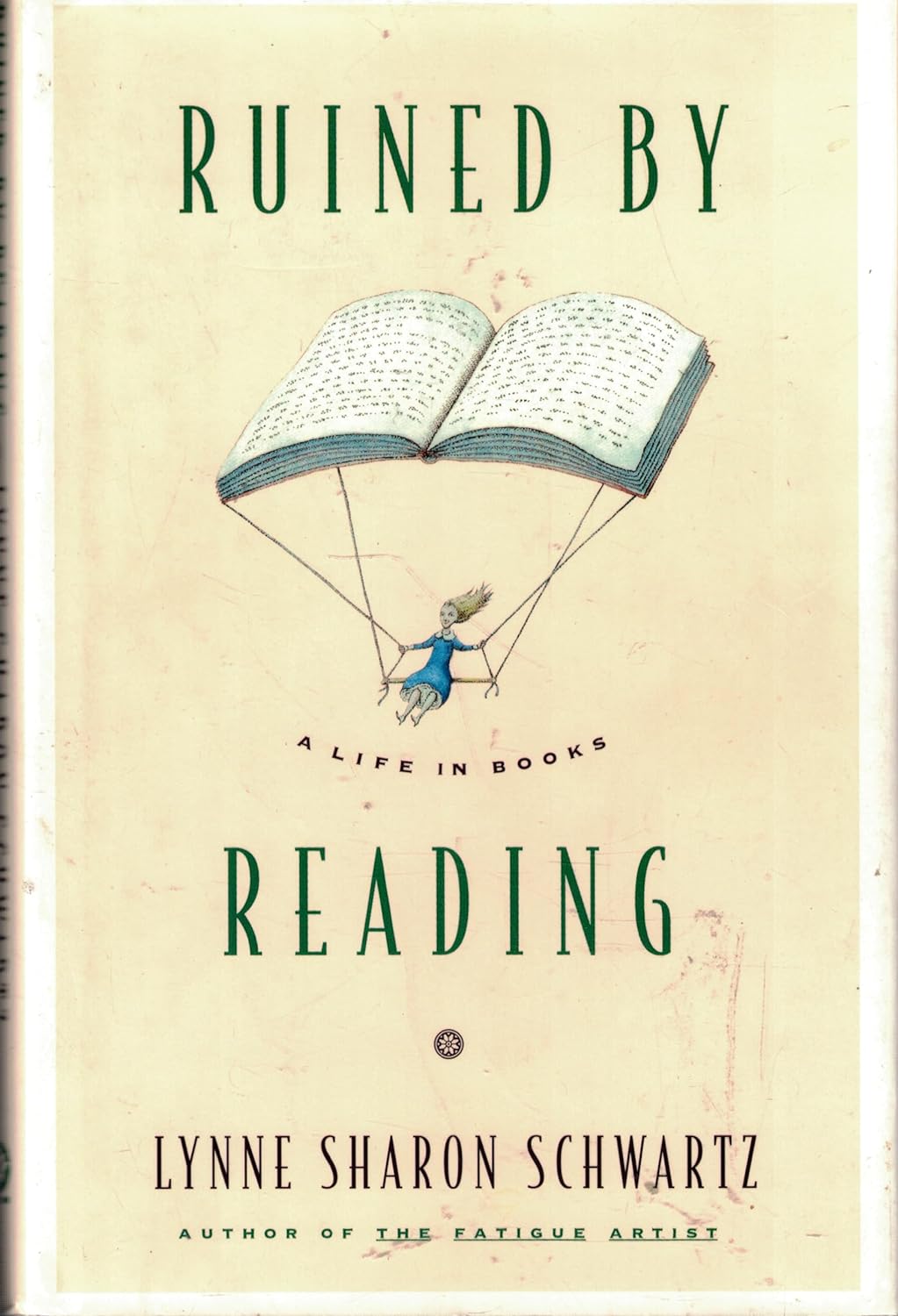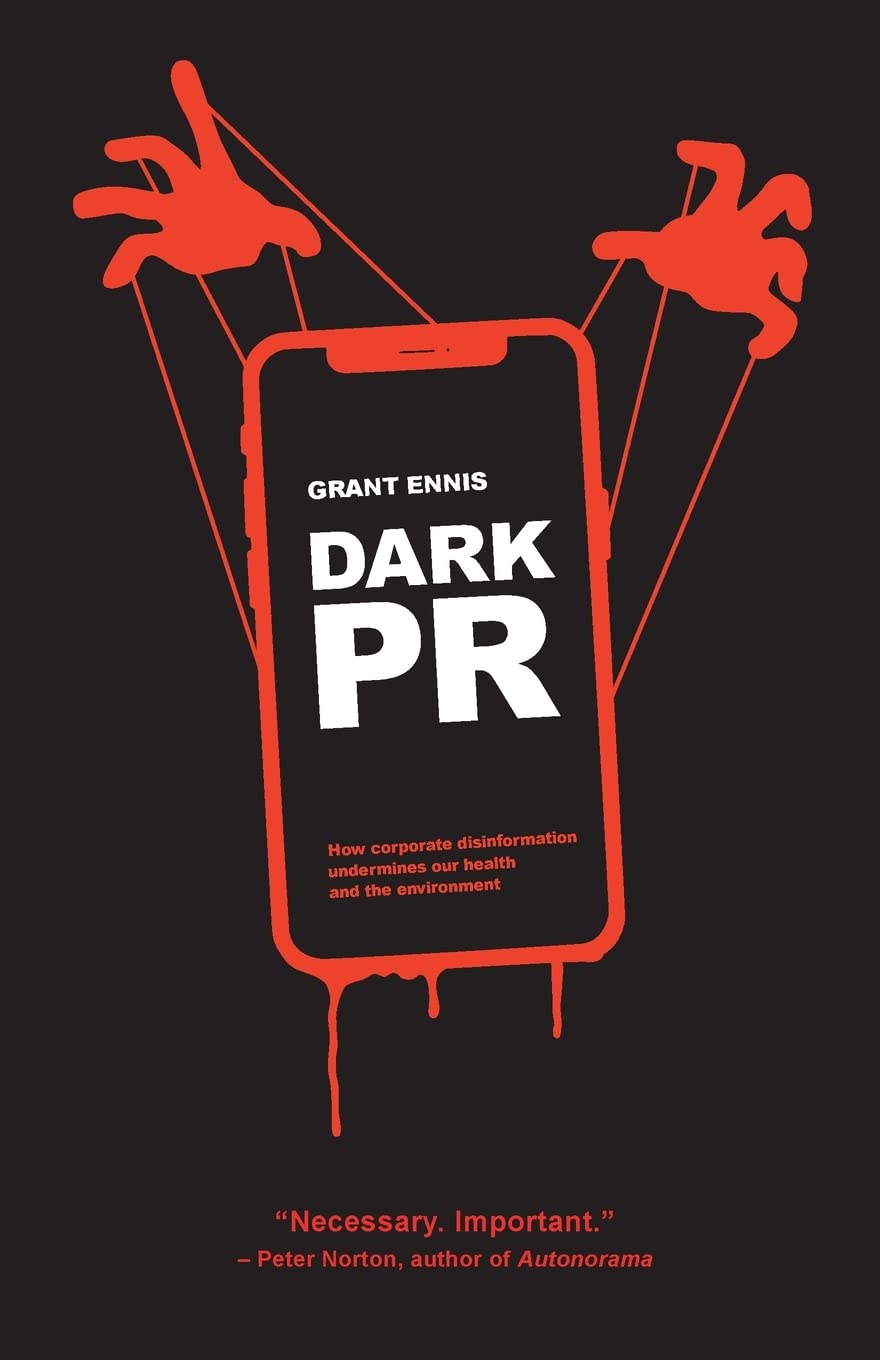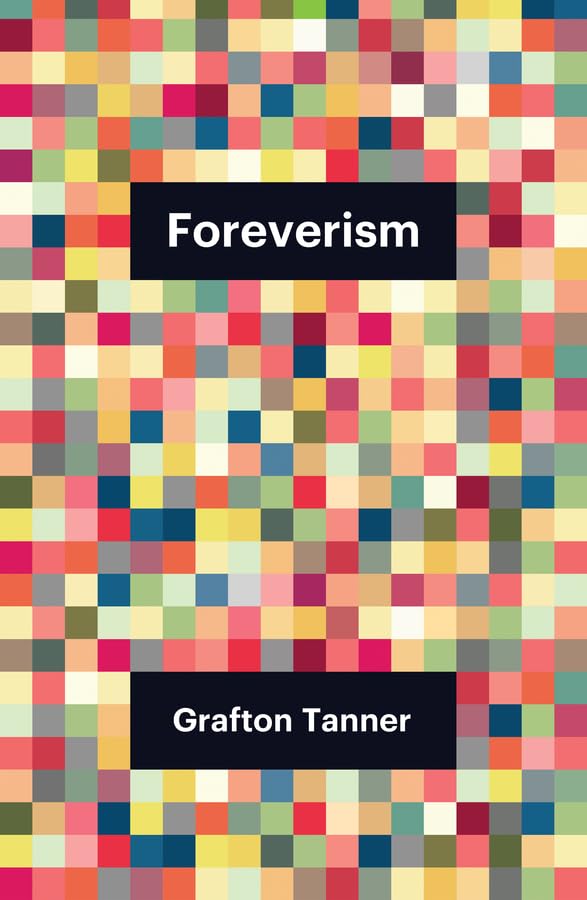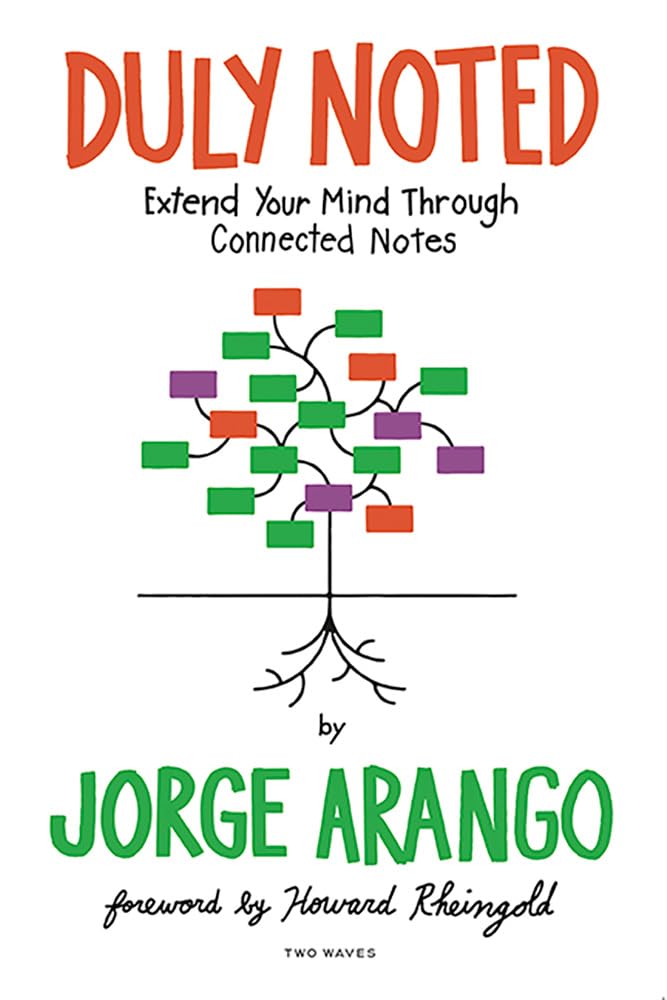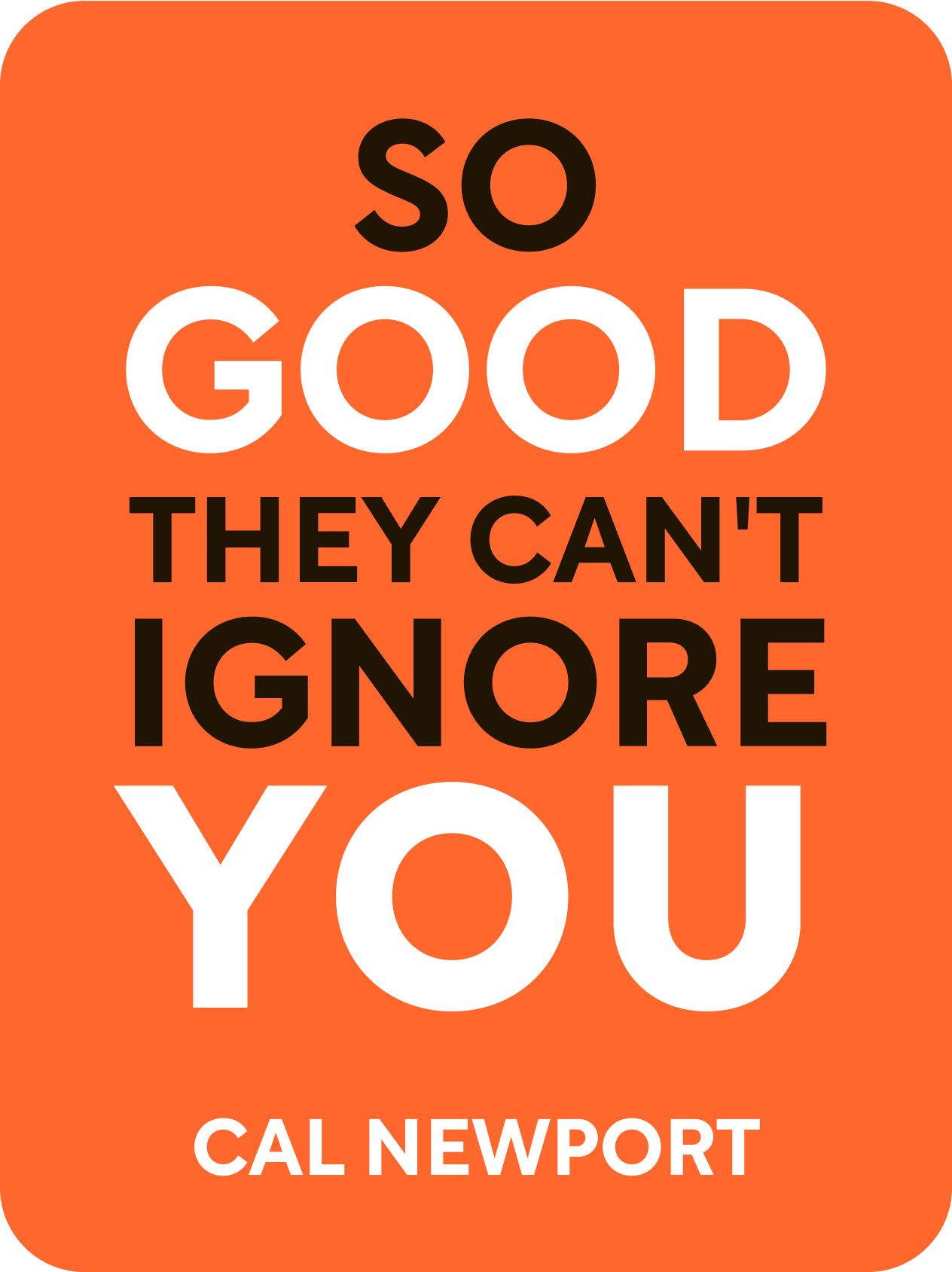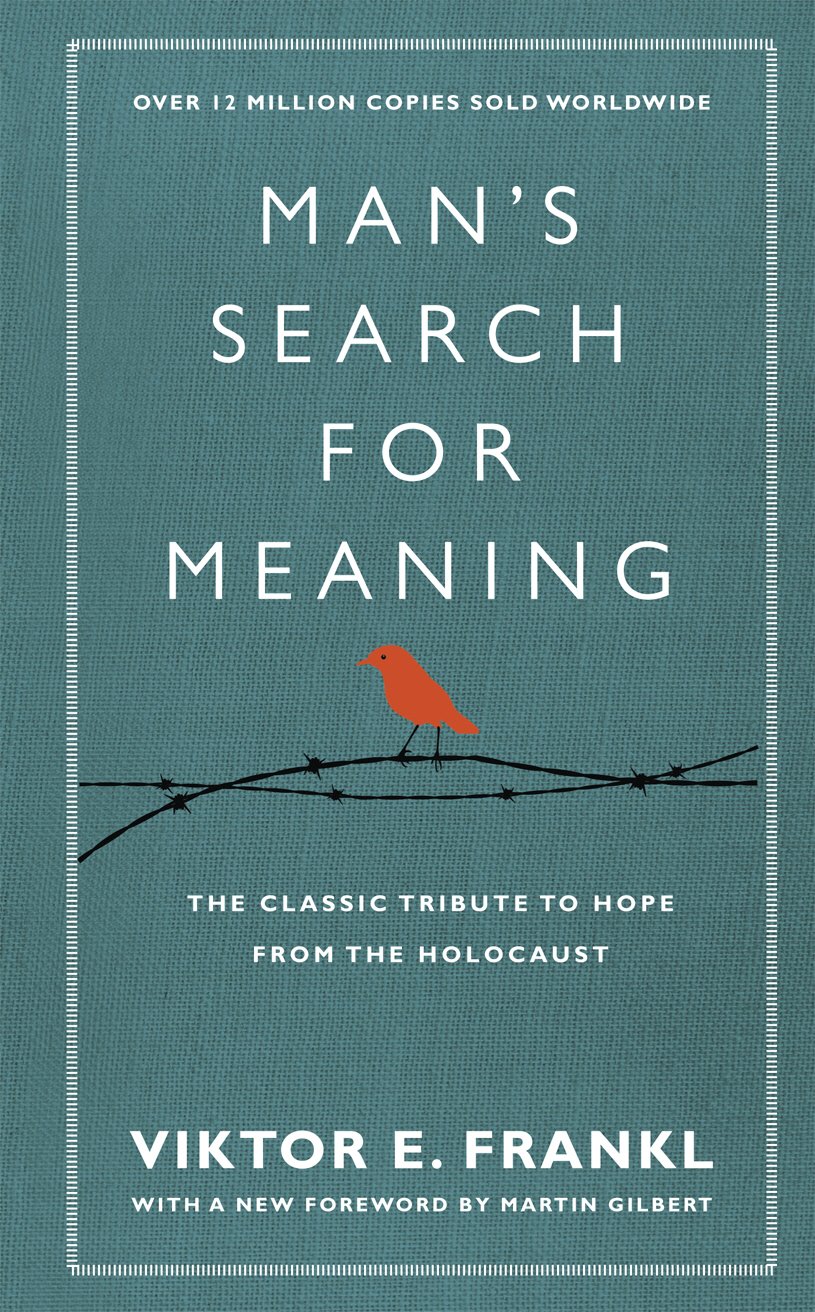Style: Non-fiction
Smart Brevity – Jim VandeHei, Mike Allen, Roy Schwartz
by
Smart Brevity is here to teach you how to cater your communication to the over-stimulated worker, and community, of today. There are 4 Core ideas for the writing system presented. The authors really like their bullet points and figure that’s the correct way to do your communication. Their strongest point is that you probably write
The Cost of Being a Girl – Yasemin Besen-Cassino
by
In The Cost of Being a Girl, Besen-Cassino, looks at how part-time employment in the teenage years affects the income of teenage girls vs boys. The biggest takeaway is similar to what I’ve read in the past about wages for women, they make less, are asked to do more emotional labour, and get penalized if
The Color of Law – Richard Rothstein
by
The Color of Law looks at how redlining affected the wealth of Black Americans after Word War 2. From not letting Black Vetrans get the financing that all Vetrans were supposed to be eligible for, to breaking up Black neighbourhoods for “public projects” this is a sobering look at how white people stole wealth from
The Promise of Access – Daniel Greene
by
Daniel Greene looks at the politically expedient idea that the problem with the workforce is that they don’t have access to computers (technology) and the skills to use said electronic devices. This lets politicians off the hook in addressing the structural problems (poverty, homelessness) that contributes to lack of work and skill development and simply
Ruined by Reading – Sharon Schwartz
by
Ruined by reading was a very different book than I expected. I didn’t expect this memoir on the affect of reading to the author’s life to be a keep but it continually asked thought provoking questions about the nature of power and our imagination. Schwartz questions the very nature and content of a book and
Dark PR – Grant Ennis
by
Dark PR walks readers through all the “framing” companies do to minimize their responsibility so that they can keep doing the terrible shit they are doing. From car companies showing us all their “magic” features that will save lives, to blaming some random person walking on the street for not being visible enough (victim blaming)
Foreverism – Grafton Tanner
by
In Foreverism, Grafton Tanner, examines the push towards nostalgia shown in society today. From endless reboots, which are safer than new properties thus more likely to profit, to gadgets that continue to get improved so that we always have a fresh one to purchase, capitalism doesn’t want our consumerism to die as that would stop
Duly Noted – Jorge Arango
by
Duly Noted is another book in the ever increasing and popular series of books on how to take notes, a genre that’s been growing hugely in the last few years. If you’re new to the field of taking good notes, this book is a good primer on how to get started. If you’ve watched a
So Good They Can’t Ignore You – Cal Newport
by
This is Cal Newport’s investigation of what it takes to be so good at your job, that you can’t be ignored. Unlike many online personalities, he doesn’t tell you to follow your passion, in fact he feels it leads to a life of disappointment as you continue to fail to find the “right” career and
Mans Search for Meaning – Viktor Frankl
by
This is a classic book, that feels to me like it has so much weight behind it that it’s hard to say most anything about the book but praise. I have the second edition where Frankl goes into his Logo Therapy ideas, and I found those of less utility than the discussion at the beginning

